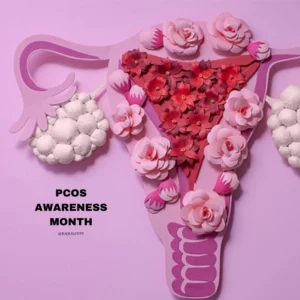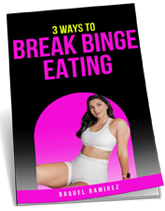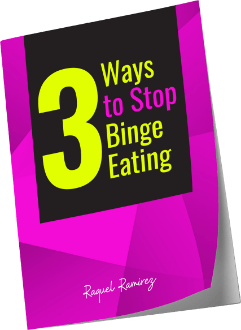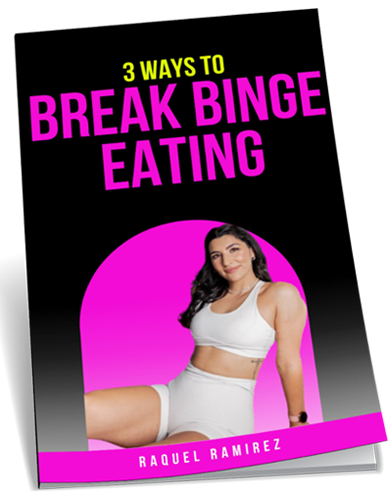 This information is for information purposes only and does not substitute medical advice from your doctor. Always speak to your health professional in regards to any of the information presented in the blog post.
This information is for information purposes only and does not substitute medical advice from your doctor. Always speak to your health professional in regards to any of the information presented in the blog post.
PCOS stands for Polycystic Ovarian Syndrome which affects about 10% of women or 1 in 10 women. Poly = many, cystic = follicles, remember this we’ll need this again soon.
PCOS is best defined as group of symptoms related to an anovulatory cycle (lack of ovulation) and high levels of androgens (male hormones). The most common symptom is irregular periods and late arrival of a period.
PCOS is associated with long term risk of diabetes and heart disease, if lifestyle factors are not managed this condition will feel like an end road.
There are different criteria which doctors use to assess whether someone can fully qualify as having PCOS, some say 2 of the 4 types some say 3 of the 4 types. What are the types?
There are 4 types of PCOS (this is not an exhaustive list of symptoms)
1. Androgen Dominance “Hirsutism”: symptoms are associated with hair on the face, chest and back, deepened voice, high testosterone
2. Insulin Resistance: symptoms include fat gain, high insulin and glucose, red skin, fat storage in androgen sites (triceps and pecs), sugar sites (back and iliac crest site) and sugar smelling breath/odour, rosy cheeks
3. Stress dominance: symptoms are related to poor sleep cycle, biochemical stress (low protein, low fat, calorie restriction), over training, low resilience (teary, angry etc.), dark circle under eyes, high adrenaline aka. jitters, nervousness, restlessness
4. Inflammation dominance: symptoms include digestive problems, sore and aching body, chronic headaches and joint pain Every type would also include some level of amenorrhea (45+ day cycle).
This information plays a large role in how to manage these symptoms specifically. So if you don’t know what type you are, or what symptoms you have this would be a really great place to start especially if do want to work with a trainer and get help. This is important information for us!
So, how were you diagnosed with PCOS?
I didn’t realise until very recently when I started reading Lara Briden’s Period Repair Manual, that an ultrasound is simply not enough to tell if a women has PCOS. An ultrasound will show the POLYCYSTIC ovaries which again just means the multiple follicles present. In a month for a woman of reproductive age and out of her teens will have about 12 follicles present in her ovaries at a time! As a teen there is about 25 for context and this is considered normal.
The dominant follicle will be released which will become a woman’s period, however the problem exist in the lack of period which would lead to a higher than normal amount of follicles within the ovary for that month.
The point is, is that ovaries are dynamic and they change every month. Which is why an ultrasound is not reliable enough to show you have PCOS. You must qualify for at least 3 of the 4 types and get blood test, not your regular blood panel but one that includes DHEAS, testosterone, androstenedione. For this type of information my suggestion is speak to a fully qualified physician or natural health practitioner who specialises in women’s health and fertility who can assess this for you and provide guidelines.
For the women who train with me who have PCOS the first part is always improving lifestyle factors – namely LIFE FACTORS like sleep and stress levels but more importantly nutritional habits; which entail:
– Remove GLUTEN
– Remove DAIRY
– Remove ALCOHOL
– COOK and EAT with minimal to no processed and artificial ingredients
– ADD a PROBIOTIC supplement
The usually treatment from your GP will include going on the pill, yet oddly enough you already aren’t ovulating so for that reason it won’t ‘regulate your cycle’ BUT it does work for suppressing androgen dominance.
Ultimately when you modulate your diet, life habits / environment, improve gut permeability, invest in your health rather than popping a pill for an ill from the get-go this condition will look A LOT different.






